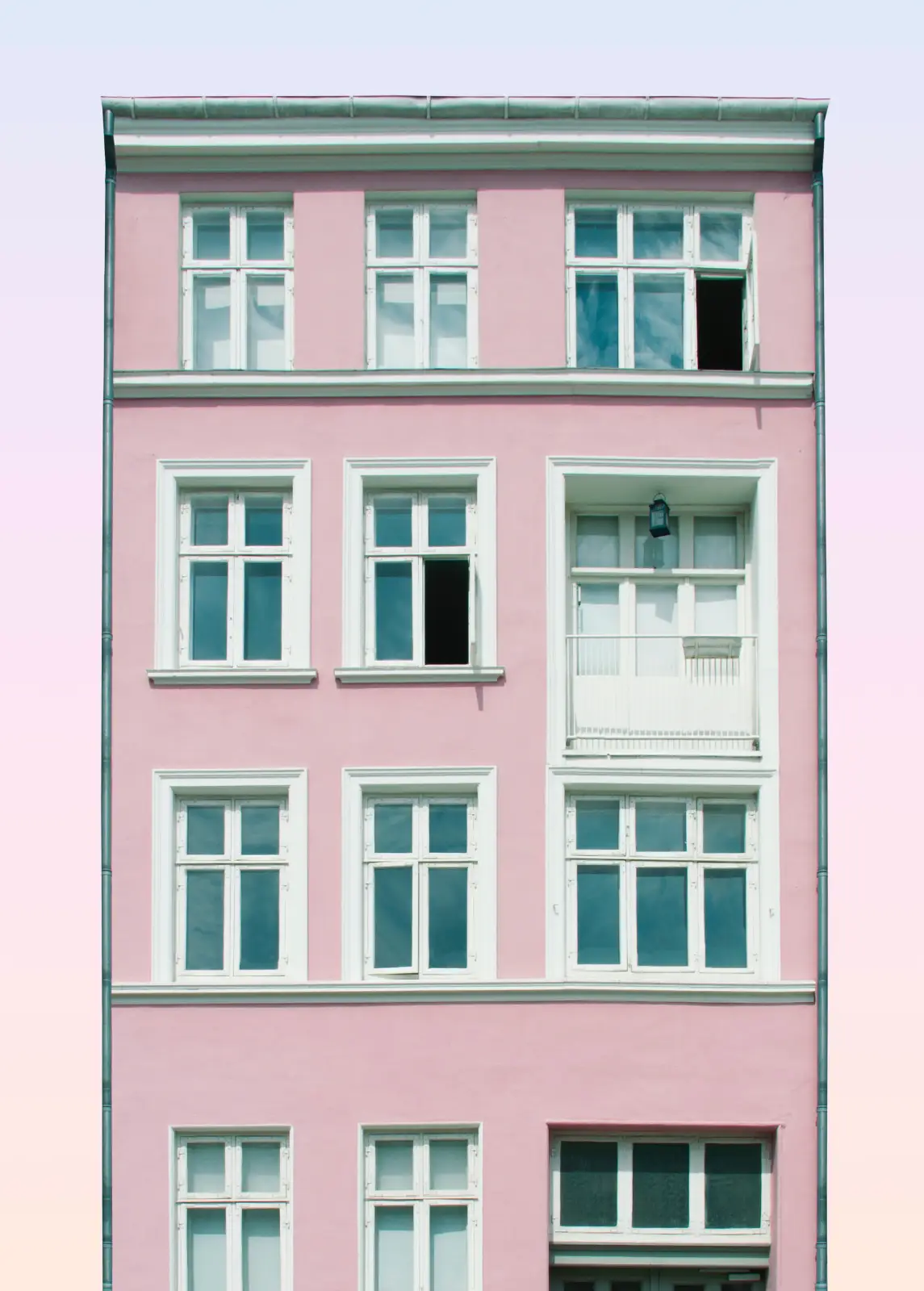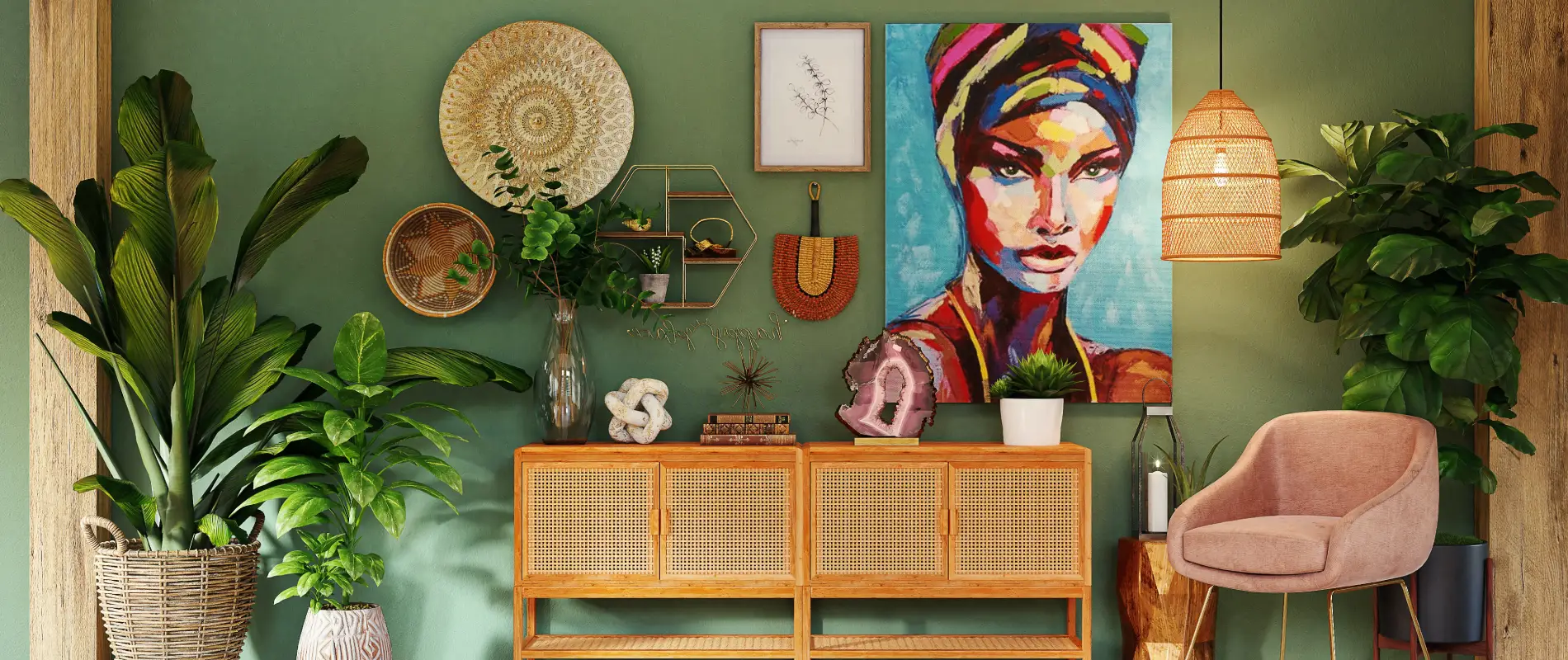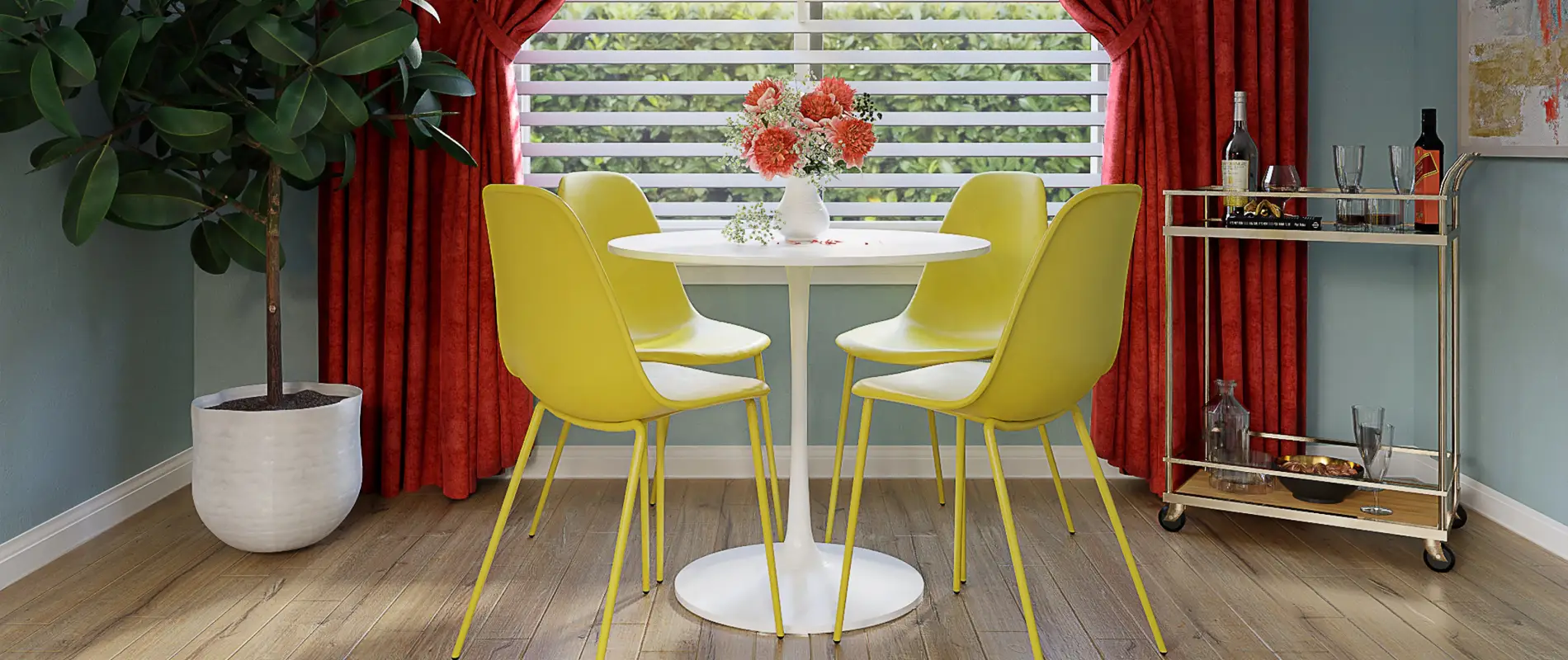Why you should have an architecture page
An architecture homepage is crucial for making a strong first impression. Whether you’re running an architectural firm, a design studio, or even a real estate business, your online presence needs to reflect the quality of your work. With a tailored architecture page, you can showcase your projects and share your philosophy while offering potential clients a clear path to get in touch. Using WordPress websites and tools like responsive WordPress design ensures that your page looks great on all devices and gives visitors a seamless experience.
Types of websites that can use an architecture page
Although typically associated with architectural firms, this homepage template is highly versatile and can be adapted for various industries. Here are some examples of websites that could benefit from this template:
- Architecture firms: Use it to display portfolios, highlight services, and showcase completed projects.
- Interior designers: Present your latest projects with images that bring your creative process to life.
- Real estate developers: Highlight developments with galleries that capture each stage of a project.
- Construction companies: Show your completed builds and provide detailed case studies for potential clients.
- Design studios: Whether your focus is on urban planning or product design, this template can help organise and present your work clearly.
How to use and customise the MaxiBlocks architecture homepage template
Below is a section-by-section guide to help you customise your architecture homepage using the Maxi Blocks pattern templates.
Header section: “HELLO YOU!” and introduction
How to use: The header sets the tone of your site, grabbing attention with its bold typography. This is where you introduce your brand or highlight a key message.
How to customise: Replace “HELLO YOU!” with a custom greeting or your company name. Update the background image with a high-quality photo from one of your recent projects. Make sure the image aligns with your firm’s style—whether it’s a striking modern building or an innovative interior design. With WordPress Full Site Editing you can easily modify this section to better reflect your brand.
We design the future section
How to use: This section helps you communicate your firm’s unique approach to architecture. Use it to introduce visitors to your design philosophy.
How to customise: Replace the text with a message that explains what sets your firm apart—whether it’s innovation, sustainability, or client collaboration. Update the image to a standout project that complements this message. Consider using Gutenberg blocks for greater flexibility in arranging text and imagery.
Services section
How to use: Showcase your key services using the clean, icon-based layout provided by the template.
How to customise: Modify the service titles and icons to match what your firm offers. For example, if you specialise in residential design, urban planning, or interior architecture, adjust the text and icons accordingly. Explore the WordPress icon library to find icons that represent your services, or upload your own to maintain a consistent brand image.
Gallery section: Project highlights
How to use: Use this section to visually display your most impressive projects in a gallery layout. It’s designed to give visitors a quick overview of your portfolio.
How to customise: Swap out the default images with high-quality photos of your completed projects. Whether you specialise in commercial buildings, residential homes, or urban designs, ensure the images reflect your range of expertise. This is also a great opportunity to use WordPress block templates to create a visually appealing and easy-to-navigate gallery.
We design spaces that are functional, beautiful, and sustainable section
How to use: This section is ideal for communicating your design ethos in greater detail.
How to customise: Replace the text with your firm’s design philosophy. If sustainability or cutting-edge technology plays a key role in your work, be sure to highlight that. You can use block compatible themes and plugins to enhance the look of this section and make it more interactive.
Metrics section
How to use: Show off your firm’s accomplishments with measurable stats. Metrics like “Projects Completed,” “Awards Won,” and “Happy Clients” help establish credibility.
How to customise: Update the stats to reflect your firm’s achievements. If you’re just starting out, focus on what you’re proud of, like “Years of Experience” or “Unique Designs Delivered.” If you need help with layouts, the WordPress block theme tutorial can guide you through creating custom layouts for this section.
Call to action section: “We’re not just designing your home, we’re building your future”
How to use: This is a strong statement designed to inspire visitors to take the next step—whether that’s contacting you or learning more about your services.
How to customise: Replace the headline and text with a statement that resonates with your audience. You might want to change the text to something more specific, like “Designing spaces that inspire creativity.” Add a call-to-action button linked to your WordPress website design contact page or portfolio.
Blog section: Recent posts
How to use: Feature your latest blog posts to keep your visitors engaged with industry news or behind-the-scenes looks at your projects.
How to customise: If you don’t have a blog, you can use this section to feature case studies, press releases, or project updates. With free WordPress themes you can easily adapt the design to fit your needs.
Footer section
How to use: The footer is designed for simple navigation and contact information. It includes key links and calls to action like “Join our team” and “Business inquiries.”
How to customise: Update the footer with relevant links, such as to your about page, services, or blog. Make sure your contact information is up-to-date and include links to your social media or contact form. If you want to improve navigation, use WordPress navigation menus for additional flexibility.
Examples of what you can include and use cases for each
- Client testimonials: Highlight positive feedback from clients in the metrics or services section.Use case: A real estate developer could feature testimonials from buyers or investors, reinforcing trust and credibility.
- Interactive project galleries: Include interactive features in the project gallery, allowing visitors to filter projects by category.Use case: A construction firm might organise projects into categories like “Commercial,” “Residential,” and “Public Spaces,” giving visitors a clear view of their capabilities.
- Blog or news section: Share updates on projects, industry insights, or firm news to keep your site fresh and informative.Use case: An interior design studio could regularly update the blog with design tips, project spotlights, or industry trends. This content could help improve SEO and draw in new clients using a WordPress website builder.
By using the Maxi Blocks pattern templates you can create a dynamic, customisable architecture homepage that reflects your brand and attracts potential clients. The flexibility of WordPress block themes allows you to tailor every element to your specific needs, ensuring your website stands out in the competitive world of architecture and design.










